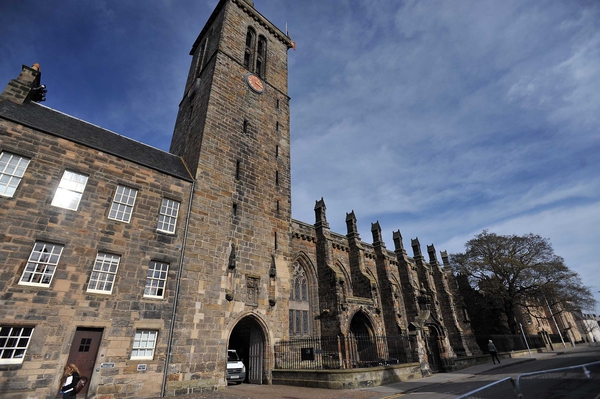New statistics from the Higher Education Statistics Agency (HESA) show that in 2010/11, Scotland’s universities have the worst record in the whole of the UK for widening access and drop out.
Despite good progress from last year, only just over 27% of students going to university in Scotland were from the poorest backgrounds (SEC 4 – 7), lower than any other part of the UK, and below the average of just over 30% (see table 1).
The percentage of entrants to Scottish universities from state schools and colleges, was just over 88%, slightly better than the English rate, but lower than the UK average. Again this measure improved from last year.
The percentage of students dropping out after their first year inScotlandwas the highest in the whole of the UK, with 9.4% dropping out compared to an average of 8.6% across theUK.
Following the Budget, and a very good settlement for universities, NUS Scotland is calling on Scottish universities to open themselves up to talented people from all backgrounds.
Robin Parker, NUS Scotland president, said:
“It’s simply unacceptable for Scotland’s universities to be worst in the whole of the UK for drop out and getting people from the poorest background into university.
“We have made genuine progress compared to last year but these figures continue to shame our universities. This is why the Scottish Government is absolutely right to be proposing legislation to improve our record in this area.
“It’s clear that our universities are missing out on talented people from the poorest backgrounds, whether because they never get the chance to set foot in a university or because they drop out before finishing their course.
“The Scottish Government has done a great deal in this area already, abolishing tuition fees and proposing to increase student support to a £7k minimum for poorest students from next year, which has had an impact already and will continue to do so. It’s now up to Scotland’s universities to do their bit.
“Scottish universities got one of the best deals from the Budget, and will receive hundreds of millions of pounds in extra public funding over the coming years. In return, they must now open themselves up to the public, recruiting our most talented students on the basis of their academic potential not their background.”

